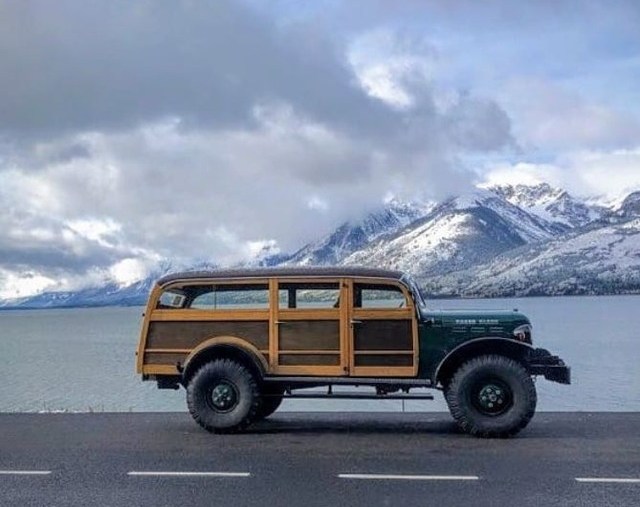
The Most Important Thing to Consider Before Buying a Classic Pickup Truck
The pickup truck market is changing. Not only are new trucks offering more luxuries, but older ones are rising in value. Some restored and modified classic trucks command big auction prices, but there are still a few affordable ones out there. Whether you intend to buy one as an investment, or to enjoy on a regular basis, a classic truck’s no-nonsense utilitarian design is appealing. But before you do buy a classic pickup truck, there’s one very important thing you should know.
Old Tech: Know What to Expect
Classic trucks are, by definition, at least 20 years old. And many of the pickups that are rising in value are pushing close to 60 years of service. A lot has changed over the years.
The most obvious is the change from carburetors to electronic fuel injection. Carbs are simpler to wrench on, which is part of a classic truck’s appeal. But they also clog more easily than EFI systems. They’re also more temperature and pressure changes, and can’t compensate like modern electronics can. Carbs are also significantly less fuel-efficient. But the engine isn’t the only place where classic trucks have outdated tech.
Nowadays, many trucks have all-around disc brakes. However, that’s a relatively recent development. The GMC Syclone, for instance, is quick in a straight line, but the rear brakes are drums. Going further back to trucks like the original Dodge Power Wagon, disc brakes were race car tech. And off-roading trucks like the Power Wagon, which are gaining popularity, weren’t exactly light-weight machines. So, driving around in a heavy older truck like that means dealing with fairly poor brakes. Which can be concerning from a safety standpoint.
Safety is another area where classic trucks show their age. Again, part of the classic truck’s appeal is simplicity. This extends to the safety equipment—or rather, lack of it. Some ‘newer’ classic trucks, like the Syclone or Lamborghini LM002, do have some safety features, such as airbags. But the slim pillars and artful interiors of older classic pickups, while they offer great visibility, perform poorly in accidents. Truck safety can improve rapidly, even in a single model year. But buying a classic pickup means understanding the risks age brings.
Although, if you want, you can replace that old tech.
Classic Pickup Consideration: Restore, Modify, Or Anything In-Between
Potential classic pickup buyers should have a plan in mind when beginning their search. Not just what to look for, but what to do to the truck once it’s bought. If a classic truck’s old technology is a concern, restoration and modification is always an option.
There are shops that provide a wide variety of support services and an enormous selection of aftermarket parts. Are the carburetors giving you trouble? Convert the truck to EFI. Upgrading the brakes is extremely common, as is fitting modern—or modern reproductions—of older tires. Your truck’s paint and underbody will also most likely be damaged and rusting. Luckily, rust-proofing technology has also advanced considerably over the years. The entire truck can be resprayed and coated with modern corrosion protection. The question is, what do you want to do with the truck?
If the goal is buying a pickup for investment, modern upgrades like these may not be desired. Potential buyers may value a classic pickup with its original, outdated equipment higher than a restored, modified one. But, if that’s the intended plan, you probably won’t be driving the truck much anyway. So, it won’t matter.
But, if you’re buying a classic pickup to enjoy on the road or dirt, improving daily drivability is probably important. And in that case, it’s worth considering the state of your dream truck’s tech.


